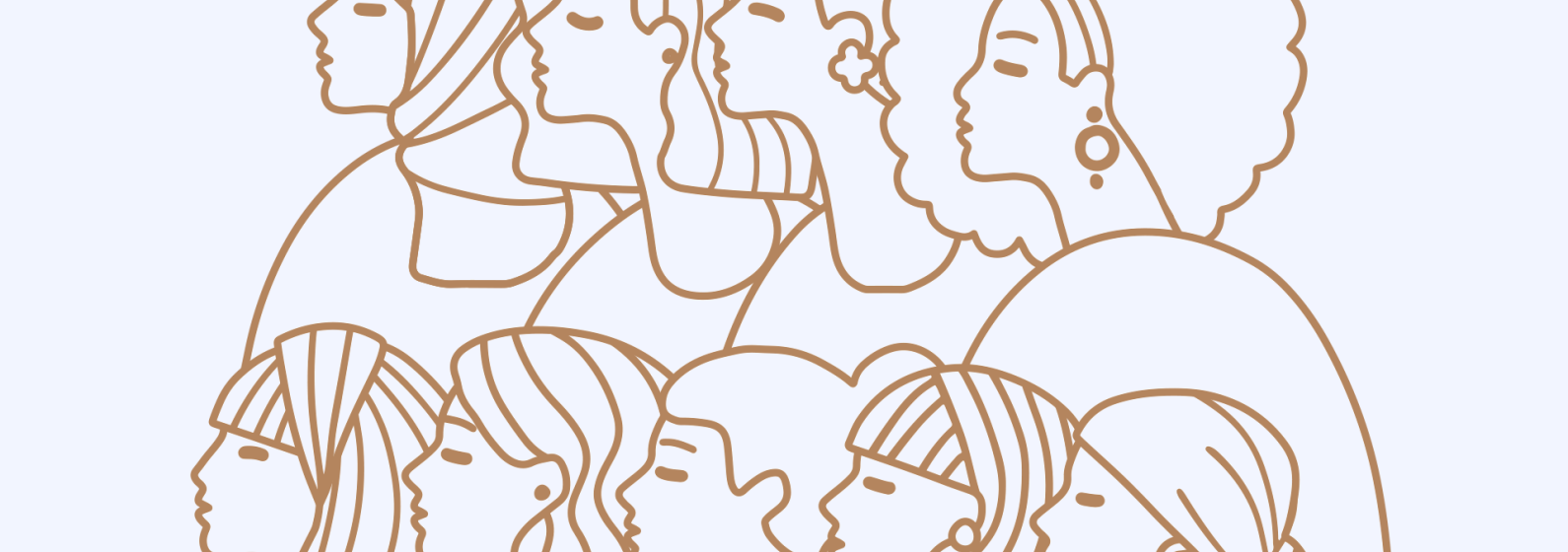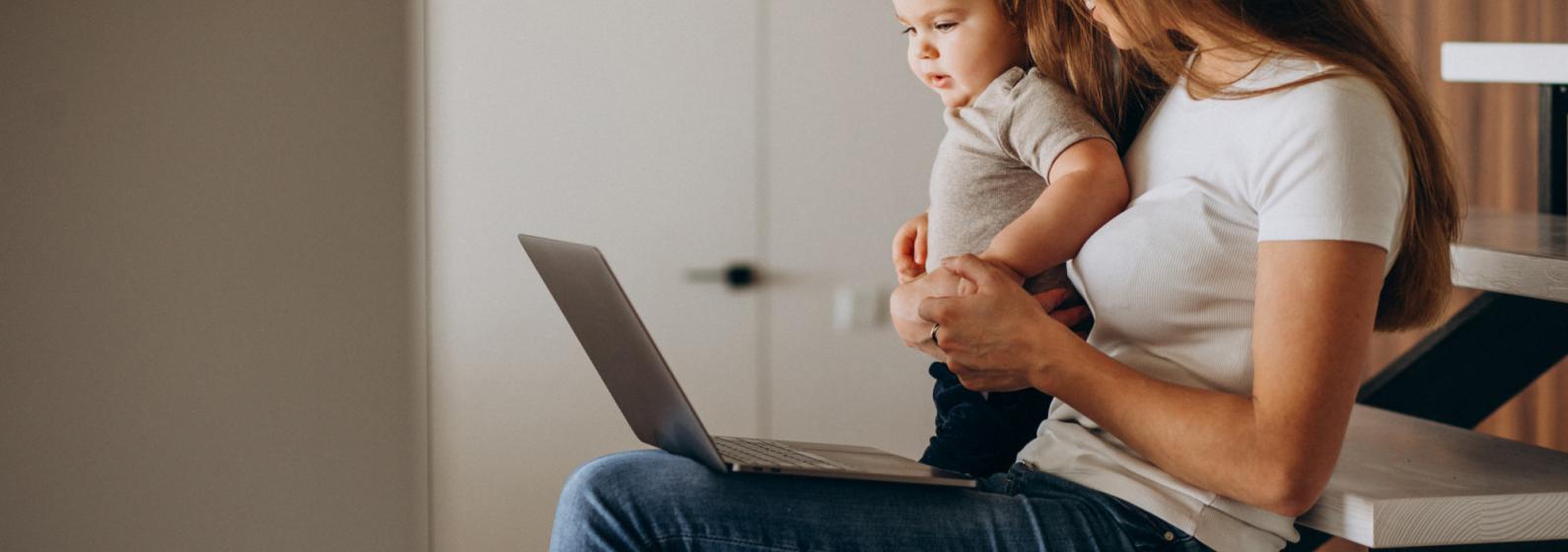The coronavirus pandemic has changed the way we live and interact with each other. We often speak of the “new normal”. This concerns our social norms – meaning patterns of behaviour, aspirations, attitudes. Norms can be visible (overt) and hidden (covert); if we behave in a certain way long and frequently enough, it becomes normal for us. Our norms have changed during the pandemic since the disease caused by the virus is so infectious that we need to change our behaviour to prevent it from spreading further. These altered social norms include, among others, social distancing, the way we greet each other (e.g. by touching elbows), and the way we work (e.g. many of us are now working and learning remotely).
Changing social norms also affect our social bonds. Because of the lockdown, some relationships have grown stronger (e.g. with family members, friends), and some – weaker (e.g. with more distant acquaintances, colleagues). We’ve worked out new ways to keep in touch with each other, and even to form new relationships – by, for example, organising online meetings or even parties. For many of us, this model of work and communication has already become the “new normal”, and it’s hard to imagine that we won’t keep at least some of today’s behaviours alive after the pandemic ends.
There are many threats underlying these changes, though. It may happen, for instance, that people will become used to communicating only or almost only online, which will make their “offline” relationships weaker. The sense of alienation at work may increase – employees can become more alienated not only from their workplace but also from work itself. It’s still hard to tell what long-term social consequences the intensifying economic crisis will be for our lifestyle and how the way we work and our consumer behaviours will change. Much depends on how long the pandemic will last and how much our behaviour needs to change for us to be able to adapt to the new reality. It may appear that long after the threat is gone and all COVID-19-related restrictions, prohibitions, and “lockdowns” are abolished, even if we forget about the coronavirus, some of the social norms having emerged during the pandemic may be here to stay.
The text is part of the publication "The New Normal. Reality in the times of the global Covid-19 pandemic. A commentary by the faculty of Kozminski University".







